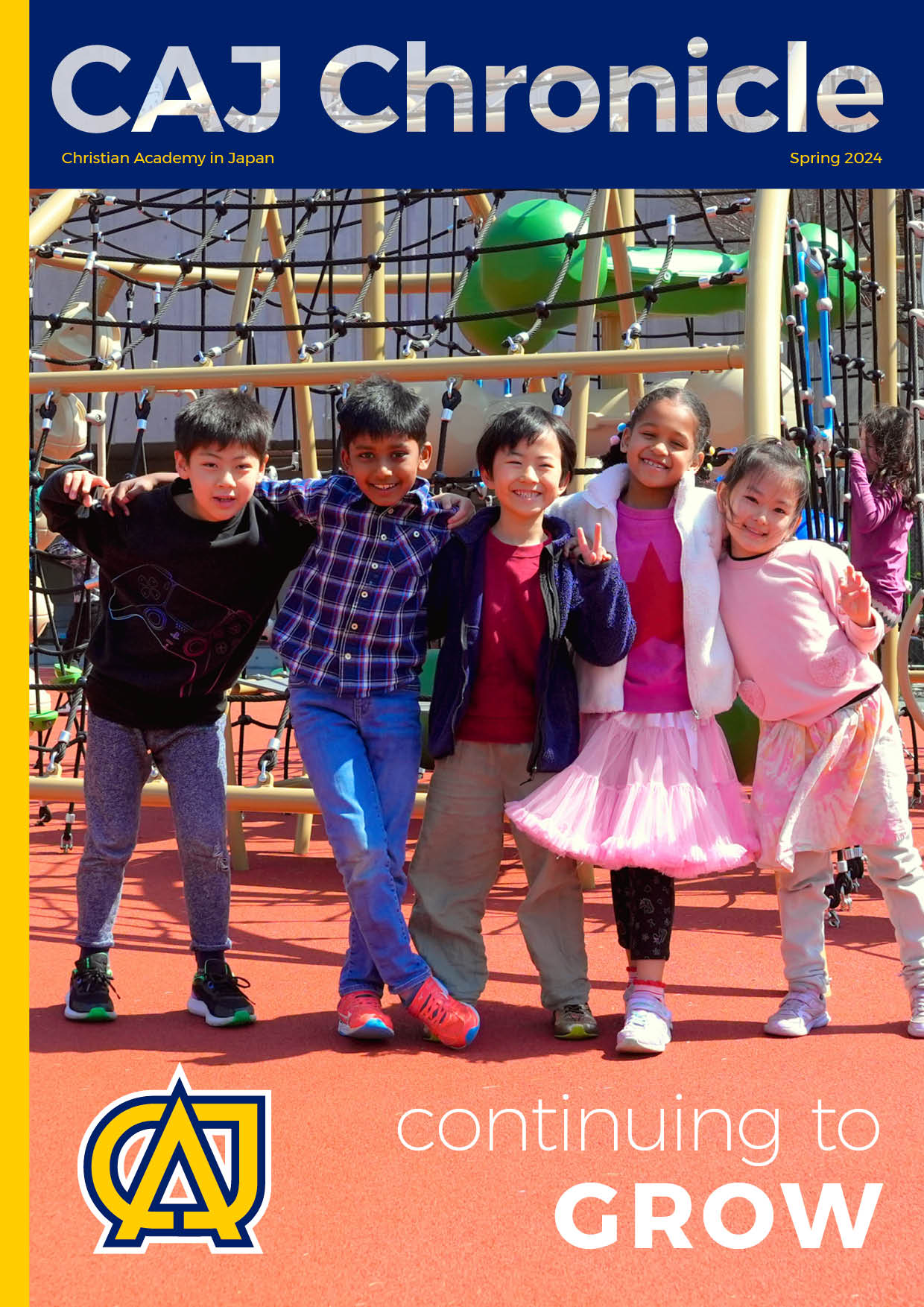Insights from Nate Gibson, Social Studies
“He has shown you, O mortal, what is good.
And what does the LORD require of you?
To act justly and to love mercy and to
walk humbly with your God.” (Micah 6:8)
History is the stage on which God’s story unfolds. I find it fascinating that we, today, stand on the same stage as the billions who came before us, and I like to remind my students that “history is now, and we’re living it.”
This in mind, we recognize that we inherit, live within, and pass along a legacy.
The Social Studies department focuses on cultivating this sense of legacy as we study the past, examine current events, and look ahead to the future. Stewarding this legacy means developing an understanding of community, and indeed, our Kindergartners’ first introductions to Social Studies are field trips to the local fire-station, bakery and police box.
Stewarding this legacy also means developing an understanding of country and culture, cultivated through courses in geography, world history, and the history of America, as well as Japan and other East Asian countries.
Finally, stewarding this legacy means developing an understanding of global society, particularly the issues that cause suffering all around the world. Our students first examine such global issues as poverty and homelessness in the 3rd grade, and dig deeper with a semester-long research project in 9th grade. This culminates in their 12th grade year, as the students spend the entire school year researching, analyzing and raising awareness about a global issue of their choice, for their Senior Comprehensive Project.

To prepare for this, our students learn to interpret and analyze historical documents in light of their proper context. They learn to research carefully, evaluate the trustworthiness of the sources they find, and put their information together as they share their findings in presentation or writing. They learn to debate thoughtfully, anticipating counter-arguments, and rebutting with logic and evidence. They participate in classroom simulations, which help them to empathize with people who have lived in vastly different times and places.
As our students learn about the complex relationships between politics, economics and culture; as they learn to think on a variety of scales, from local, to national, to global; as they begin to recognize their participation within the legacy of history, we hope that they will be equipped to be agents of grace and truth in a fallen world, prepared to act justly, love mercy, and walk humbly with our God.





